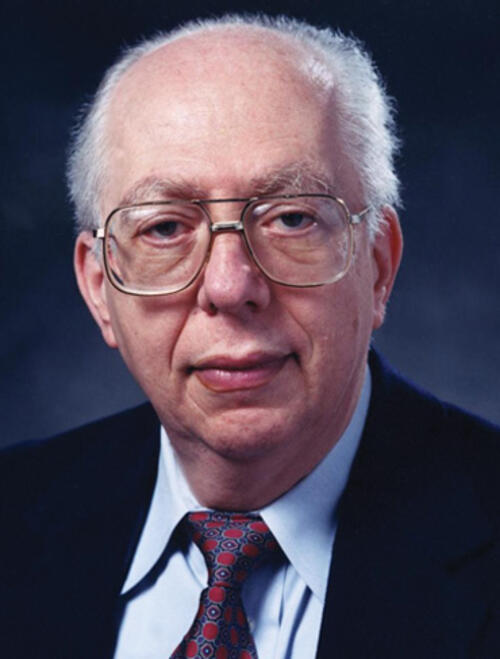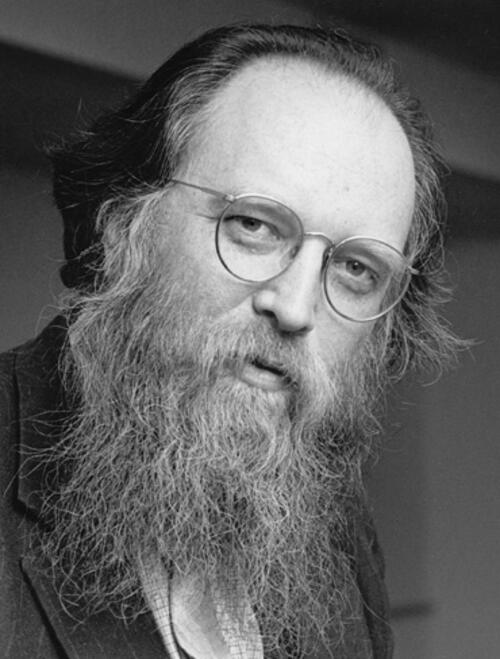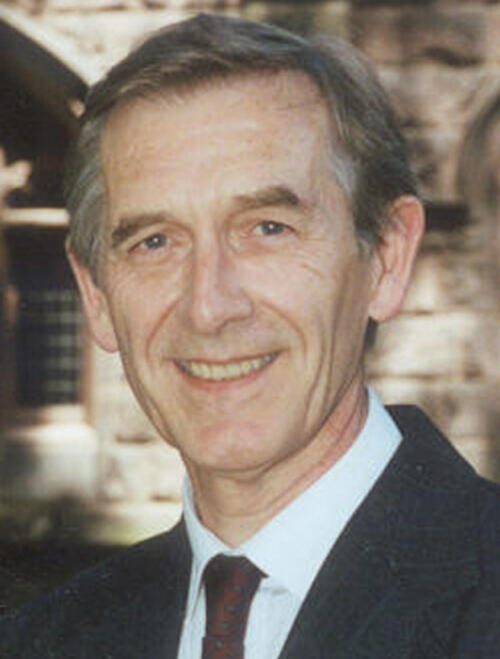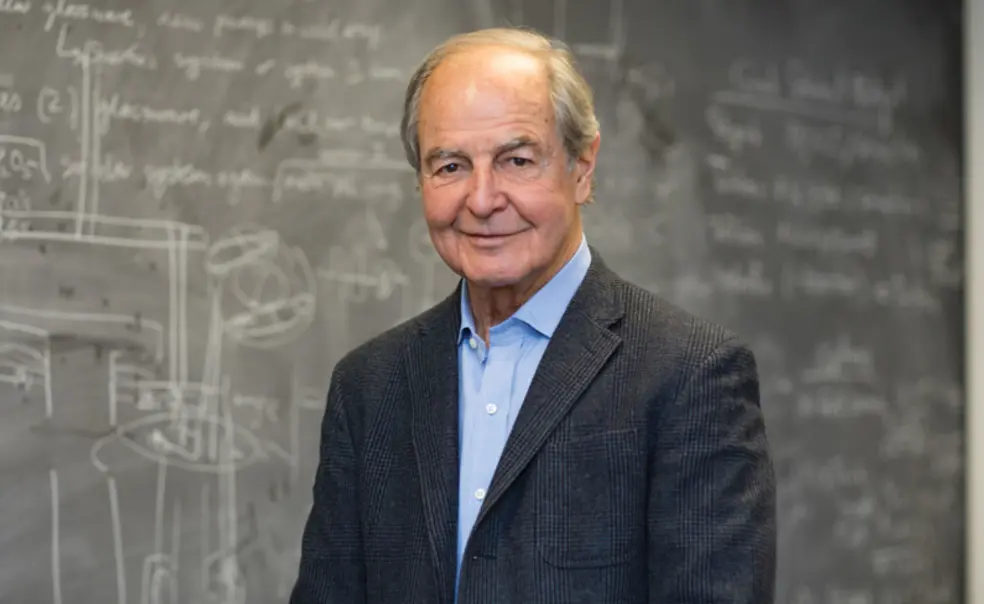In Memoriam
Frank P. Calaprice, a leading nuclear and particle physicist whose experimental work provided insights about fusion reactions inside the sun, died June 30 at age 85. Calaprice was a member of the Princeton faculty from 1970 to 2018, and for nearly three decades, he was a principal investigator of the Borexino experiment, based in Italy, which studied solar neutrinos, subatomic particles produced by nuclear reactions in the core of the sun. In an online tribute, Gianpaolo Bellini of the Istituto Nazionale di Fisica Nucleare in Milan wrote that Calaprice and his colleagues “shared the courage, determination, and effort needed to carry forward an endeavor which was deemed almost impossible.”

Morton D. Kostin, a chemical engineer who taught thermodynamics and applied mathematics to generations of Princeton students, died May 23 at age 89. Kostin was the longest serving regular faculty member in the chemical and biological engineering department’s history when he retired in 2013 after 49 years as a professor. His research interests included chemical kinetics, “hot atoms” (atoms with high internal or kinetic energy), and transition state theory.

P. Adams Sitney, a groundbreaking historian of avant-garde film and valued mentor to students of the arts, died June 8 at age 80. Sitney traced his love of experimental film to his teenage years, when he wandered into a screening of Luis Buñuel and Salvador Dalí’s Un Chien Andalou. His 1974 book Visionary Film: The American Avant-Garde, updated in 1979 and 2002, remains “the leading study of the genre,” according to a New York Times obituary. At Princeton, Sitney taught courses in the humanities sequence and advised senior theses that covered topics in film. He spent 36 years on the faculty and transferred to emeritus status in 2016.

Erik H. VanMarcke, an engineer whose work in risk assessment helped researchers prepare for earthquakes, hurricanes, and coastal flooding, died July 7 at age 83. In nearly three decades at Princeton as a professor of civil and environmental engineering, VanMarcke pursued a range of research topics, from dam safety to cosmology. He earned several honors from the American Society of Civil Engineers and was elected a member of the Royal Academies for Science and the Arts of Belgium, the country of his birth. VanMarcke’s deep expertise in flood risk was in demand after Hurricane Sandy; he joined several Princeton colleagues on a New York City advisory panel on climate change.












No responses yet